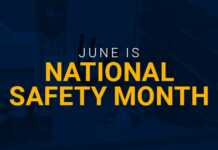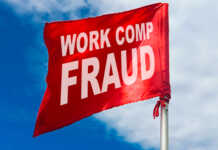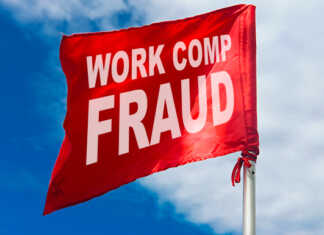Once an employee reports an injury, it’s important to obtain detailed information in a timely fashion. This often involves interviewing the claimant, coworkers, supervisors, witnesses, and anyone else involved. We’ve outlined helpful techniques to ensure an effective fact-gathering interview:
- Prepare Thoroughly – Familiarize yourself with the situation, available evidence, and role of the interviewee before the interview.
- Environment – Identify a comfortable, private environment that will put the interviewee at ease and encourage them to speak freely.
- Explain the Process – Clearly explain the purpose of the interview and that the goal is to gather information related to the claim. Let the interviewee know the importance of their role and participation.
- Types of Questions – Use open-ended, probing questions. Allow the speaker to offer their narrative without guiding them. For the most part, avoid Yes/No type questions.
- Actively Listen – Pay close attention to what the individual says and ask follow-up questions for additional detail. Repeat or rephrase the question if the interviewee does not answer it.
- Non-Verbal Cues – Watch the individual’s body language, tone, and facial expressions. These may offer insight as to their level of comfort and credibility.
- Be Respectful – Give the interviewee your respect, patience, and empathy. Avoid leading, guiding, or offering biased opinions.
- Seek Sensory Observations – Ask the interviewee what they heard, smelled, saw, or felt during the incident.
- Seek Additional Witnesses or Evidence – Ask the individual if they are aware of others who may have knowledge about the subject or if there is relevant evidence to be secured.
- Conclusion – Ask the individual if there was anything that wasn’t asked that they feel may be relevant or important to the discussion. Thank them for their time and candor.
Remember, a good witness interview is designed to gather accurate and unbiased information. Memories can quickly fade, and evidence may be incredibly time-sensitive. A successful claim adjudication is always supported by a prompt and thorough investigation. ICW Group and its Special Investigations Unit look forward to working with you to detect, deter, and defeat insurance fraud!

















